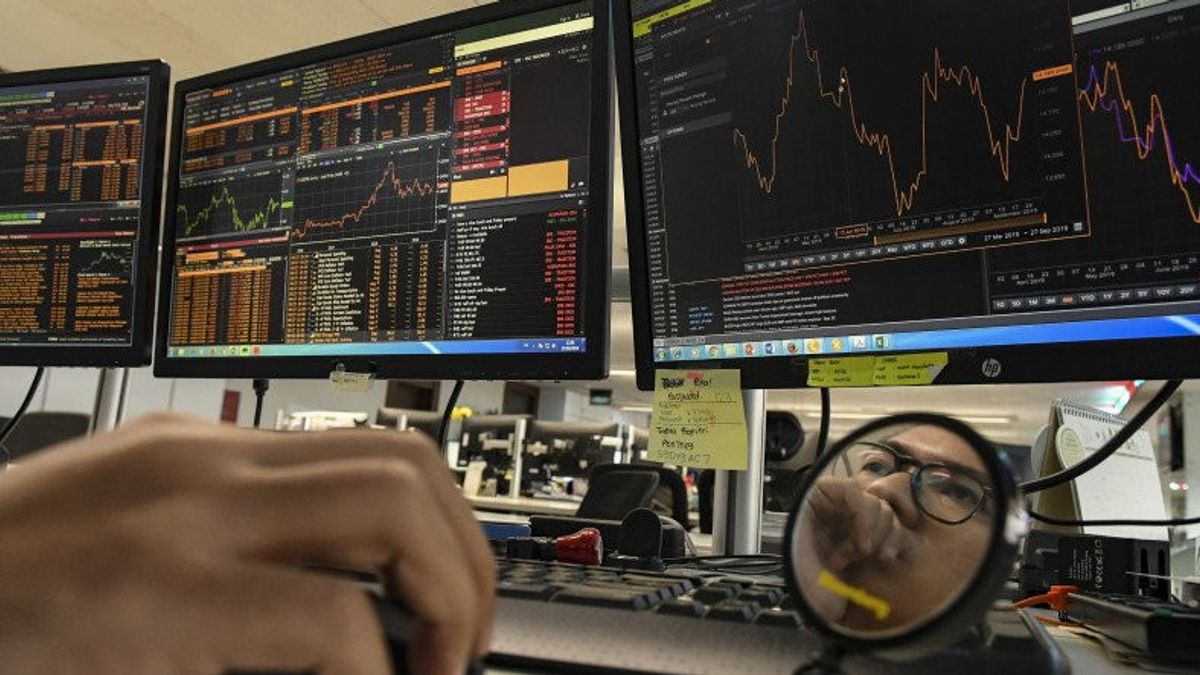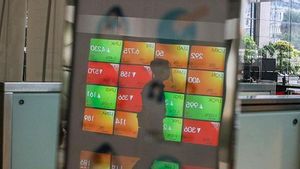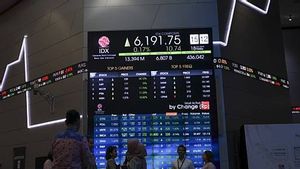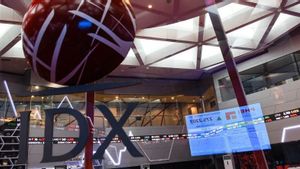JAKARTA - The Composite Stock Price Index (JCI) rose 0.11 percent to a level of 6.601.93 on Friday, December 17 trading. However, actually, in a week, the JCI was observed to have weakened 0.77 percent.
Director of PT Ekuator Swarna Investama Hans Kwee said there are a number of sentiments that will affect the JCI movement this week. Globally, the Fed decided to reduce the monthly pace of net asset purchases by 20 billion US dollars for government bonds and 10 billion US dollars for agency mortgage-backed securities. This will begin on purchase in mid-January 2022.
This decision makes the Fed likely to end asset purchases in March 2022, earlier than expected in June 2022. Hans assessed that the market responded positively to this policy because there was a definite tapering schedule.
Later, Fed Governor Christopher Waller said the central bank could raise interest rates as early as March. This is in line with the forecast of Goldman Sachs Economists who had forecast a March increase. But most expect the Fed to wait until May or June as March ends its bond-buying program.
"An increase in interest rates may have a bigger impact on financial markets than the tapering that is currently happening. It is estimated that several central banks in developing countries will respond to this policy by raising interest rates and potentially pushing pressure on financial markets," Hans said in his research, quoted Monday 20 December.
In addition, investors are also watching the development of the Omicron variant of the COVID-19 virus. In Denmark, South Africa, and the UK, the number of new Omicron cases is doubling every two days. Danish Prime Minister Mette Frederiksen warned the government could impose further restrictions to limit its spread.
Another sentiment that will surround the JCI movement is The Bank of England (BOE) which decided to raise interest rates for the first time since the beginning of the COVID-19 pandemic. The BOE raised its key interest rate 15 basis points to 0.25 percent from a historic low of 0.1 percent.
SEE ALSO:
The labor market is strong and has the potential to reach the 2 percent target. On the other hand, inflation in November was at its highest level in the last 10 years at 5.1 percent yoy.
Another thing shown by the European Central Bank (ECB) signaled a dovish attitude. The ECB plans to cut its bond-buying program but remains accommodative monetary policy until 2022 and beyond.
Hans estimates that the JCI has the opportunity to weaken at the beginning of the week following the tightening of monetary policy by the Fed and the ECB as well as the increase in cases of the Omicron variant of COVID-19 in several parts of the world.
JCI is likely to weaken further with support at 6.559 to 6.484 and resistance at 6.661 to 6.688.
The English, Chinese, Japanese, Arabic, and French versions are automatically generated by the AI. So there may still be inaccuracies in translating, please always see Indonesian as our main language. (system supported by DigitalSiber.id)
















